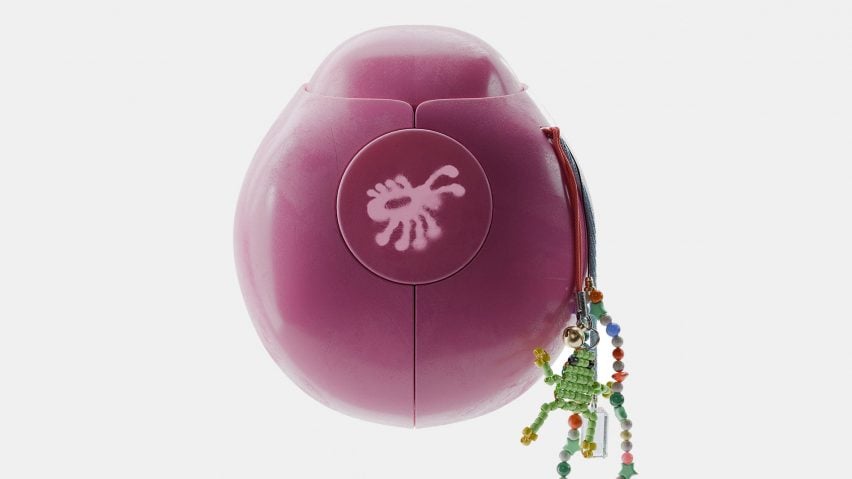
Terra AI "compass" enables users to take phone-free walks
Artificial intelligence and a "gorpcore" aesthetic combine in Terra – a "compass" created by design studios Modem Works and Panter & Tourron to enable people to go on walks without their phone.
Terra is a pocket-sized gadget that guides its user along a route using haptic feedback and a subtle arrow interface like a compass needle.
The routes are bespoke and created by AI in response to the user's prompts. "Two-hour Marais stroll with patisserie visit" and "Kyoto architecture tour, back by 4pm" are two examples from the Terra website.
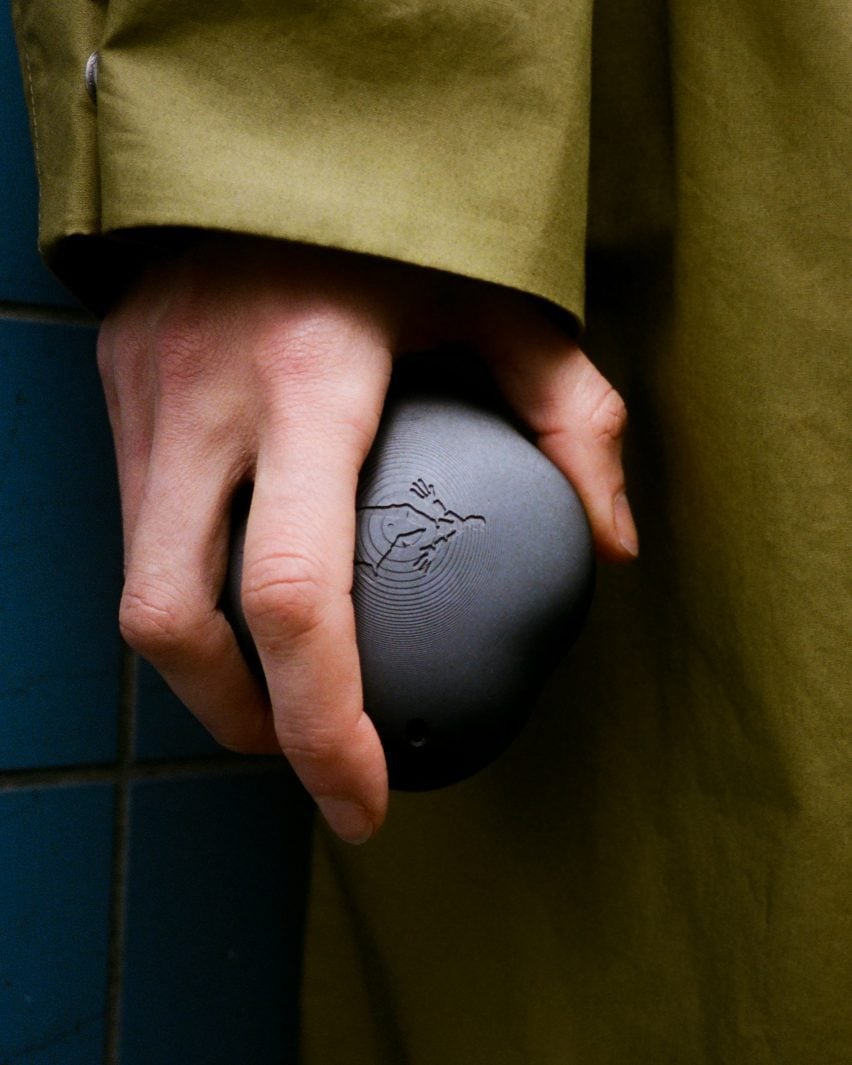
Modem Works and Panter & Tourron created Terra for people who want to go for walks and either not take their phone or at least not have to look at it. Panter & Tourron founder Stefano Panterotto described it as a "non-device" that "lets you wander without the distractions of your phone".
"In a world overwhelmed by the constant distractions of our smartphones, the need for a mindful connection with our surroundings has never been more pressing," he said.
Open-source and manufacturable by 3D printing, Terra eschews the norms of electronic products in some ways. Its physical form is small but rugged-looking, designed with reference to New Age objects and "gorpcore" – the trend of wearing outdoor recreation gear as a style statement.
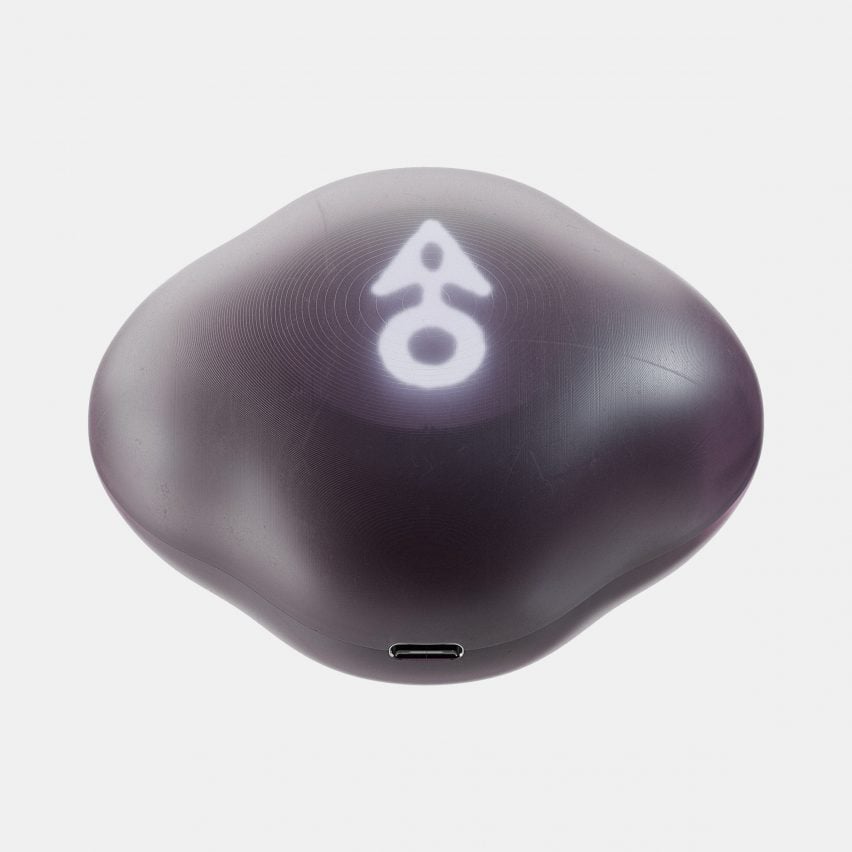
"In our physical design, we aimed to adopt a radical approach within the tech world," Panterotto told Dezeen. "Moving away from the classic sleek and polished aesthetic, we embraced the great outdoors and the broader gorpcore aesthetic, as well as the visual language of New Age culture."
He gave the example of worry stones as a kind of stress-reducing and anti-anxiety object that served as a reference for Terra.
"This marks a departure from the familiar look and feel we've become accustomed to with companies like Apple," said Panterotto. "Our goal was a design that is both functional and meditative, similar to a fidget device – a product you can hold and play with for relaxation."
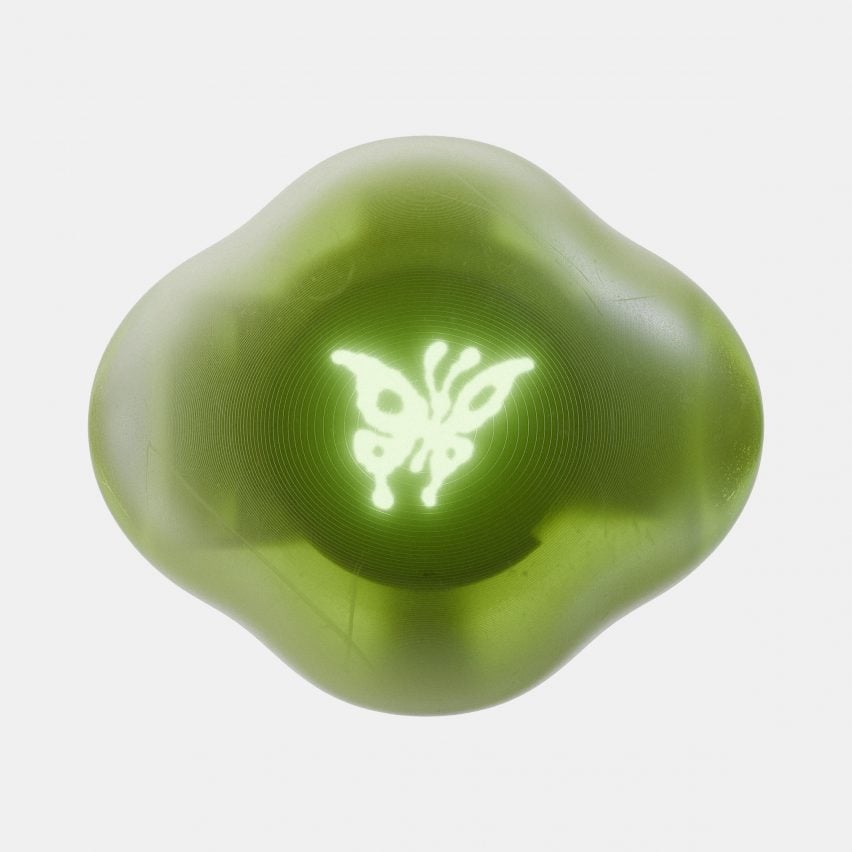
The screen is softened by appearing beneath the surface of Terra's outer shell, and the interface itself is designed to be minimal and unobtrusive, with the arrow only appearing when requested and gentle vibrations indicating if the user is headed in the wrong direction.
The interface also features a series of animal and plant symbols, which are displayed to indicate that a person is on the right track.
"To a large extent, the digital interface was inspired by fictional devices like the one from Jumanji, where symbols and imagery materialise in a manner that blurs the lines between the magical and the technological," said Modem Works co-founder Astin le Clercq.
Terra's open-source software combines the application programming interfaces (APIs) of Google's Places and AI chatbot ChatGPT to translate the user's location, intentions and available time into a trail of GPS coordinates.
The user runs the software locally on their computer or phone to input text prompts and generate their route.
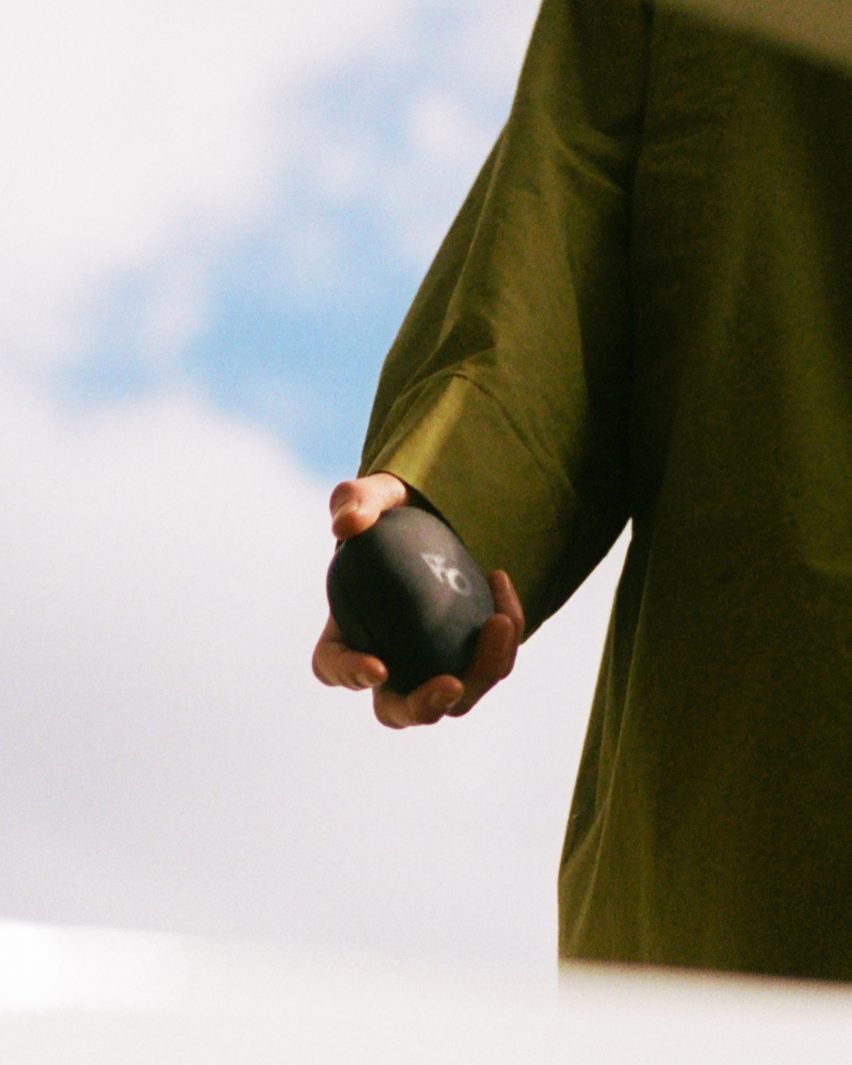
The software is available for free on the open-source platform GitHub, along with CAD files for the outer shell of the device so it can be 3D printed. There is also a list of eight electrical components the maker needs to acquire, including an LCD display module, GPS module, haptic controller and power button.
Astin said that he was inspired to make Terra an open-source project by the "DIY spirit" of the Whole Earth Catalog and the work of Italian designer Enzo Mari, who invented the concept of "autoprogettazione" or self-design in 1974.
"By making Terra open-source, we invite everyone to explore new ways to enhance their mood and physical wellbeing in the age of machine intelligence," said Astin.
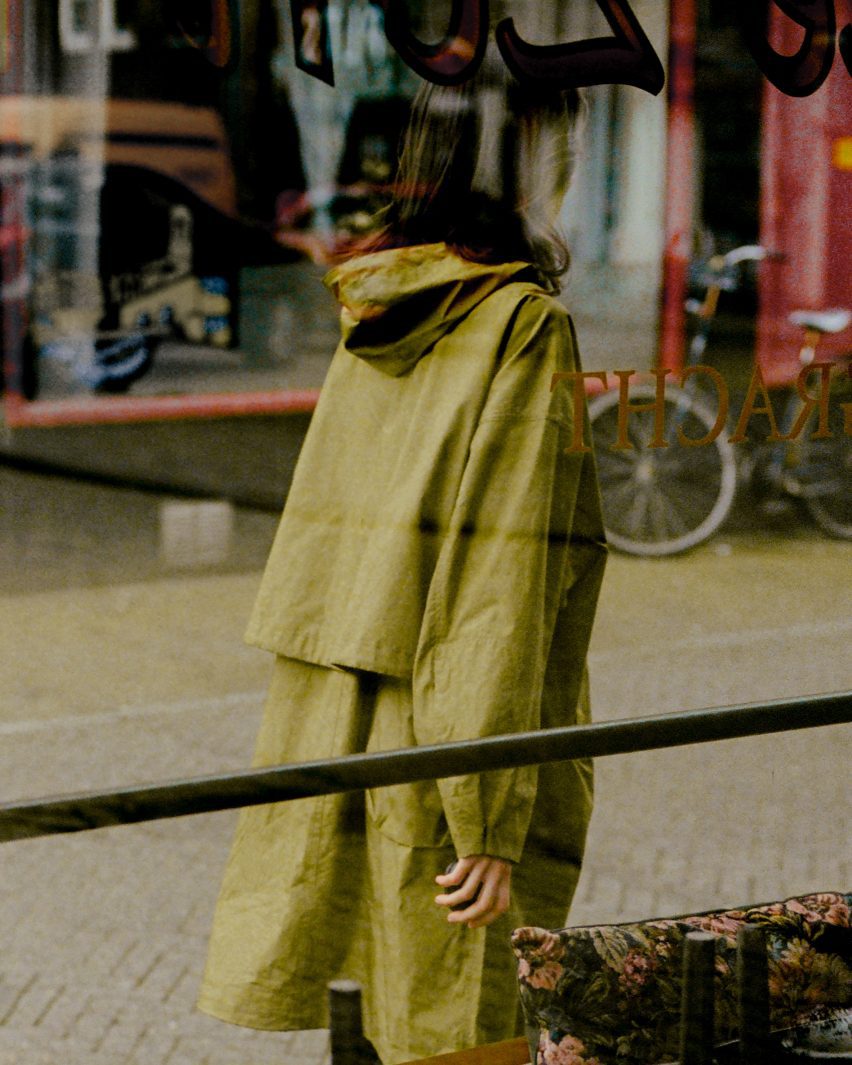
Modem Works and Panter & Tourron intend to collaborate with brands to put versions of Terra into production in the future but say the original designs will always remain free and open-source.
Both studios work at the intersection of design, technology and innovation. A previous project from Panter & Tourron saw the studio work with Space10 to create a lightweight, foldable couch with the help of AI.